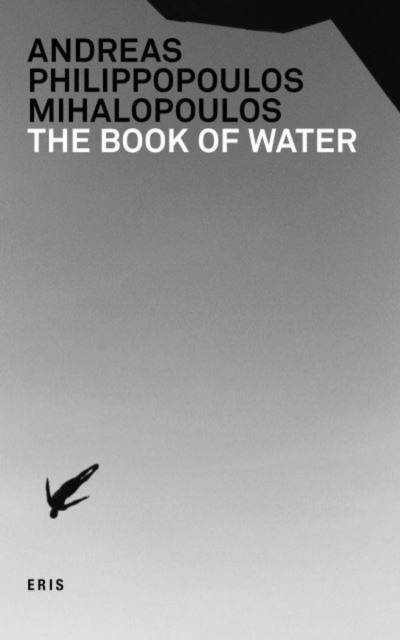
En raison d'une grêve chez bpost, votre commande pourrait être retardée. Vous avez besoin d’un livre rapidement ? Nos magasins vous accueillent à bras ouverts !
- Retrait gratuit dans votre magasin Club
- 7.000.000 titres dans notre catalogue
- Payer en toute sécurité
- Toujours un magasin près de chez vous
En raison de la grêve chez bpost, votre commande pourrait être retardée. Vous avez besoin d’un livre rapidement ? Nos magasins vous accueillent à bras ouverts !
- Retrait gratuit dans votre magasin Club
- 7.000.0000 titres dans notre catalogue
- Payer en toute sécurité
- Toujours un magasin près de chez vous
Description
Andreas Philippopoulos-Mihalopoulos's Book of Water is a collection of short stories about desire, fear, life, care, and ecological anxiety, all narrated through the physical and metaphysical presence of water. This water is not the open, bucolic water of the romantic imagination. It is the claustrophobic water of the deep seabed, the flooded cities, the womb. It is a water that brings oblivion, serenity, and salvation.
At first impression, the stories are narrated by a multiplicity of voices preoccupied with everyday psychological situations. At some point, however, the quotidian withdraws and gives way to surreal and disorienting moments of ethical, political, psychoanalytical, ecological, and personal challenges. The book is a literary response to the current geological epoch of the Anthropocene, where the effect of the human presence on the planet and its various elements seems by now irreversible. The bodies in this collection are not limited to the human--nonhuman and inhuman alike centre in the stories. The protagonist, however, remains the body of water.Spécifications
Parties prenantes
- Auteur(s) :
- Editeur:
Contenu
- Nombre de pages :
- 68
- Langue:
- Anglais
Caractéristiques
- EAN:
- 9781912475193
- Date de parution :
- 23-05-23
- Format:
- Livre broché
- Format numérique:
- Trade paperback (VS)
- Dimensions :
- 146 mm x 234 mm
- Poids :
- 117 g

Les avis
Nous publions uniquement les avis qui respectent les conditions requises. Consultez nos conditions pour les avis.






